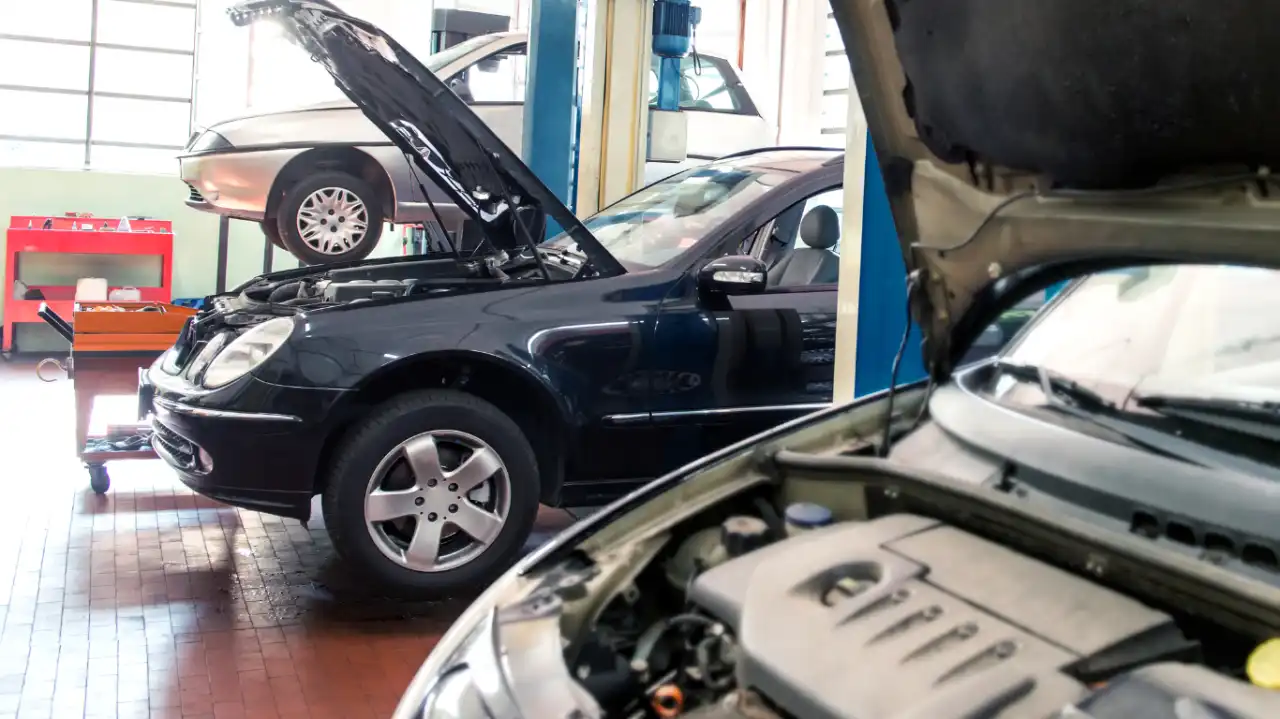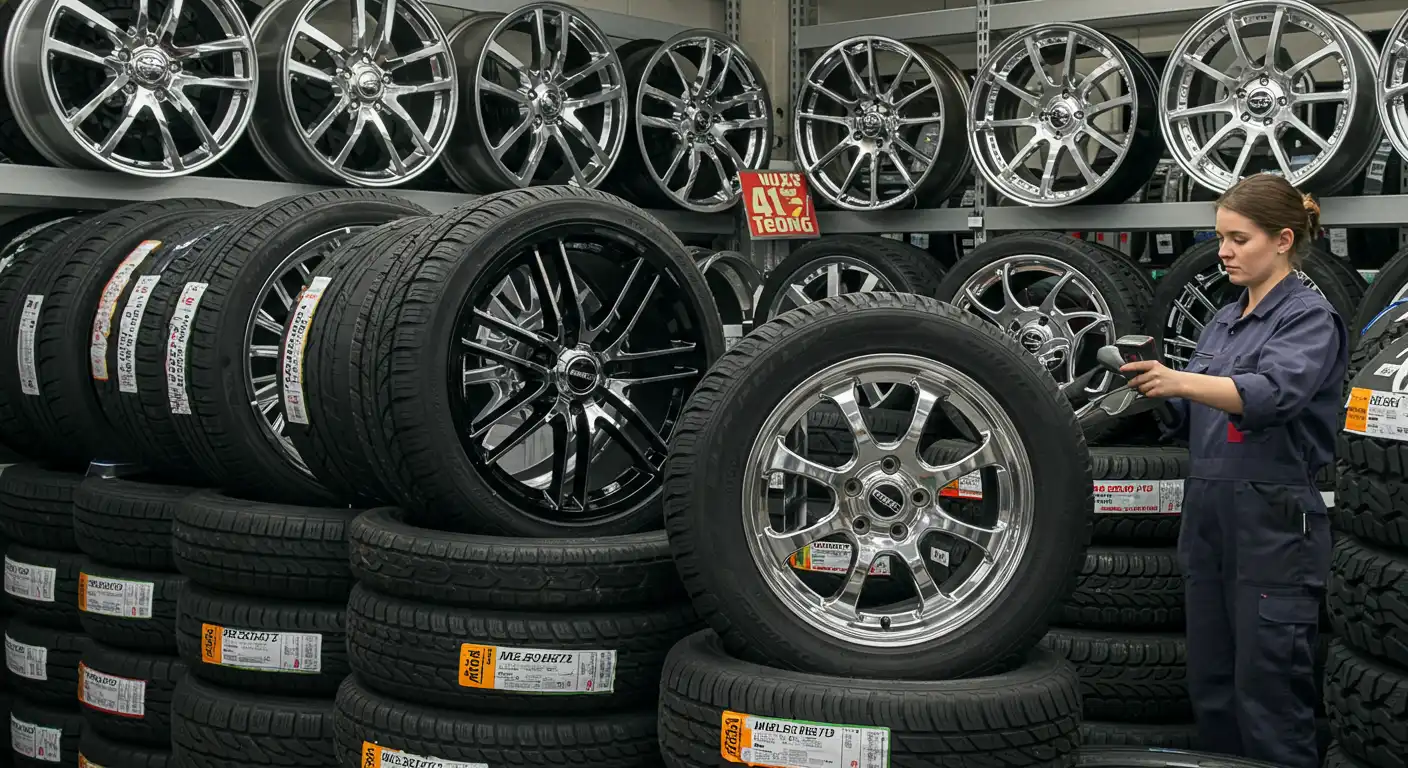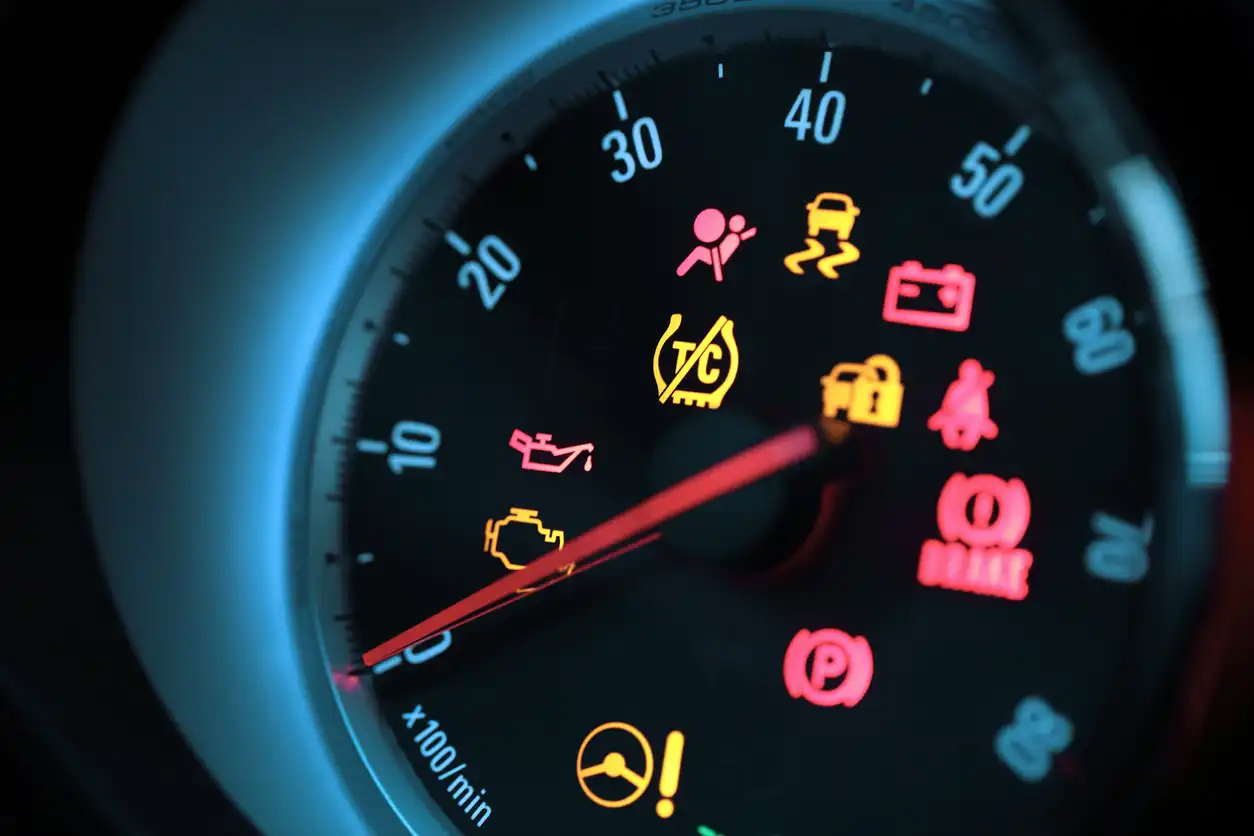Owning a car is a significant investment, and just like any other major purchase, it requires care and attention to maintain its performance and longevity. Regular car maintenance is often seen as a routine task, but its importance cannot be overstated. By taking the time to perform simple maintenance tasks and addressing issues early on, you can avoid major breakdowns and expensive repairs in the future.
In this blog, we’ll explore why regular car maintenance is essential for your vehicle’s well-being, how it can help you save money, and what maintenance tasks you should prioritize to keep your car running smoothly.
1. Prevents Major Breakdowns
One of the primary reasons for regular car maintenance is to prevent major breakdowns. Small issues, if left unchecked, can snowball into larger, more expensive problems. For instance, ignoring a small oil leak could eventually lead to engine damage, which is far more costly to repair than simply replacing a gasket.
Examples of potential breakdowns:
-
Worn-out brakes: Regular brake maintenance ensures that your brake pads are in good condition and prevents the need for costly brake replacements.
-
Overheated engine: If you don’t check your coolant levels and replace worn-out hoses, your engine could overheat, causing severe damage.
-
Battery failure: Batteries wear out over time, but regular inspection can help you replace them before they fail completely, saving you from the hassle and cost of a sudden breakdown.
By addressing small maintenance tasks early, you reduce the likelihood of these major issues from occurring, thus saving you from spending large sums on emergency repairs.
2. Increases the Longevity of Your Vehicle
Cars are designed to last for a long time, but without proper care, they can wear out much faster. Regular maintenance ensures that all the critical systems in your vehicle, such as the engine, transmission, and suspension, are functioning optimally. This increases your car’s lifespan, allowing you to enjoy it for many more years.
Maintenance that enhances vehicle longevity:
-
Oil changes: Regular oil changes ensure the engine runs smoothly by lubricating the internal parts, preventing wear and tear.
-
Fluid checks: Fluids such as brake fluid, transmission fluid, and coolant keep vital systems operating correctly, preventing overheating or failure.
-
Tire rotations: Regular tire rotations and alignments help ensure even wear, extending the life of your tires and improving gas mileage.
By investing a little time and money in regular maintenance, you can extend the lifespan of your vehicle and get the most value out of your initial purchase.
3. Saves You Money on Repairs
While some car maintenance tasks might seem like an added expense, they’re often much cheaper than waiting for a major repair. For example, changing the oil regularly costs far less than replacing a completely worn-out engine. Preventing small issues from growing into big problems can save you substantial amounts of money in the long run.
Cost savings of regular maintenance:
-
Preventing expensive repairs: Timely oil changes, brake checks, and tire rotations prevent major issues that require expensive repairs, such as a blown engine or transmission failure.
-
Improved fuel efficiency: Keeping your engine tuned and maintaining tire pressure can increase your fuel efficiency, helping you save money on gas over time.
-
Warranty protection: Many car warranties require regular maintenance to remain valid. If you neglect maintenance, you might void your warranty, leaving you to foot the bill for repairs that could have been covered.
By prioritizing maintenance, you keep repair costs down and avoid the financial strain of major car repairs that could have been easily prevented.
4. Enhances Safety
Safety is one of the top reasons for regular car maintenance. Your vehicle’s systems—such as the brakes, tires, and suspension—are all designed to work together to keep you safe while driving. Regular maintenance ensures that these systems remain functional and can help prevent accidents caused by faulty equipment.
Key safety aspects:
-
Brakes: Worn brake pads or a brake fluid leak can lead to brake failure, increasing the risk of accidents. Regular brake inspections prevent this.
-
Tires: Uneven tire wear, low tire pressure, or a flat tire can compromise your vehicle’s stability and handling. Regular tire maintenance ensures that your tires remain in optimal condition.
-
Suspension system: The suspension keeps your vehicle steady while driving, especially on rough terrain or during sharp turns. Regular checks help ensure that it remains in good condition, reducing the risk of accidents.
Regular maintenance not only protects the longevity of your car but also ensures that you, your passengers, and other road users stay safe.
5. Helps Maintain Your Car’s Value
If you plan to sell or trade-in your vehicle in the future, maintaining it properly can help preserve its value. A well-maintained car with service records is far more attractive to potential buyers than one that looks neglected. Regular maintenance can improve your car’s resale value by demonstrating that the vehicle has been cared for and is in good condition.
How maintenance boosts resale value:
-
Maintenance records: Keeping track of your vehicle’s maintenance history shows that it’s been well cared for and can reassure buyers that they’re making a good investment.
-
Condition: Regular maintenance keeps the car looking and performing at its best, making it more appealing to prospective buyers.
-
Fewer repairs needed: A well-maintained car will require fewer repairs before selling, meaning you can get more money for it.
By keeping up with routine maintenance, you can ensure your car stays in excellent shape and fetches a higher price if you decide to sell it.
6. What Regular Maintenance Tasks Should You Prioritize?
Now that we understand the benefits of regular car maintenance, let’s look at some key tasks you should prioritize to keep your car in top shape:
-
Oil Changes: Replace your oil and oil filter every 3,000 to 5,000 miles to keep the engine running smoothly.
-
Tire Care: Rotate your tires every 6,000 to 8,000 miles, and ensure they are properly inflated to improve fuel efficiency and avoid uneven wear.
-
Brake Inspections: Have your brakes checked at least once a year, or sooner if you notice any unusual noises or a decrease in braking performance.
-
Fluid Levels: Check the levels of essential fluids like coolant, brake fluid, transmission fluid, and power steering fluid regularly and top them up when necessary.
-
Battery Checks: Have your car battery tested annually, especially if it’s more than a few years old.
-
Air Filter Replacement: Replace your air filter regularly (usually every 12,000 to 15,000 miles) to ensure optimal engine performance and fuel efficiency.
-
Alignment and Suspension: Have your car’s alignment checked every year and make sure your suspension system is functioning properly for a smooth ride.
7. Conclusion
Regular car maintenance is more than just an inconvenience or an added cost—it’s a crucial part of keeping your car in top condition, preventing expensive repairs, and ensuring your safety on the road. By staying on top of routine maintenance tasks like oil changes, tire rotations, and brake checks, you’ll not only extend the life of your car but also save money in the long run.
In addition, maintaining your car’s value, improving fuel efficiency, and avoiding major breakdowns will make your ownership experience much smoother. So, make sure you prioritize regular car maintenance—your vehicle will thank you, and your wallet will too!




